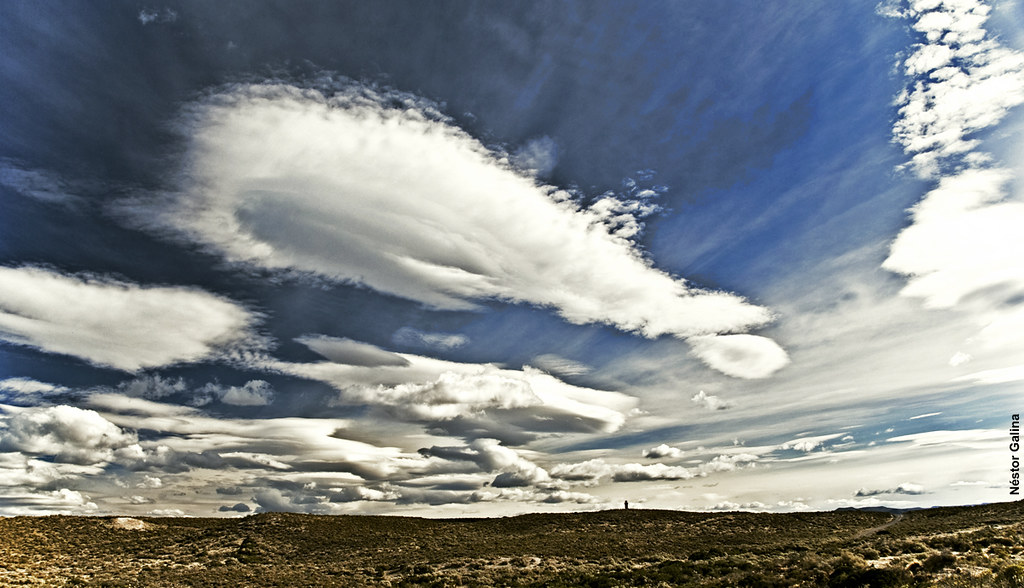Published by Mongabay by Mari Margil on 19 May 2021.
- It sounds like the beginning of a bad joke, but Pope Francis, Prince Charles, and judges around the world are now supporting the rights of nature.
- The belief that nature was something to be both feared and conquered provided legitimacy for the enactment of laws that authorized the domination and destruction of nature by the Western world.
- Today, the growing movement for the rights of nature is in its nascent stages but the outcome could help humanity onto a much more sustainable path.
- This post is a commentary, the views expressed are those of the author, not necessarily Mongabay.
The Pope, a prince, and a judge walk into a bar…
Sounds like the beginning of a bad joke. What it represents instead is not a meeting in a bar, but a meeting of the minds around an idea that represents a profound change in humankind’s relationship with nature.
That change now being discussed by key religious, political, and judicial leaders comes with the recognition that we are facing overlapping, global environmental crises which require a fundamental shift in humankind’s relationship with the natural world. A central tenet of this is recognizing that the natural environment itself must be afforded the highest form of legal protection – the recognition of legal rights – in order for both humanity and nature to survive.
This represents a major shift away from current societal and legal norms – norms which have been codified into Western systems of law, in which nature is treated as a thing that we manage and control, toward a “new normal” in which nature is regarded as a living entity with its own legal rights to exist, regenerate, evolve, and be restored.
As we face rising temperatures, accelerating species extinctions, and a host of other ecological threats that affect our very existence, that’s no joke.
With European colonization of the “new” world beginning in earnest in the 1500s, and as technologies advanced, humankind’s ability to exploit nature grew by leaps and bounds. English and French philosophers, such as John Locke and Rene Descartes, spoke of “subduing the earth” and “rendering ourselves the masters and possessors of nature.”
In the American colonies, as the late author Barry Lopez explained, “Cotton Mather and other Puritan ministers preached against wilderness as an insult to the Lord, as a challenge to man to show the proof of his religious conviction by destroying it…” And, future U.S. president John Adams wrote that the colonists found “the whole continent was one continued dismal wilderness, the haunt of wolves and bears and more savage men.”
This societal understanding, that nature was something to be both feared and conquered, provided legitimacy for the enactment of laws that authorized the domination and destruction of nature by the Western world….
See the full editorial HERE.

